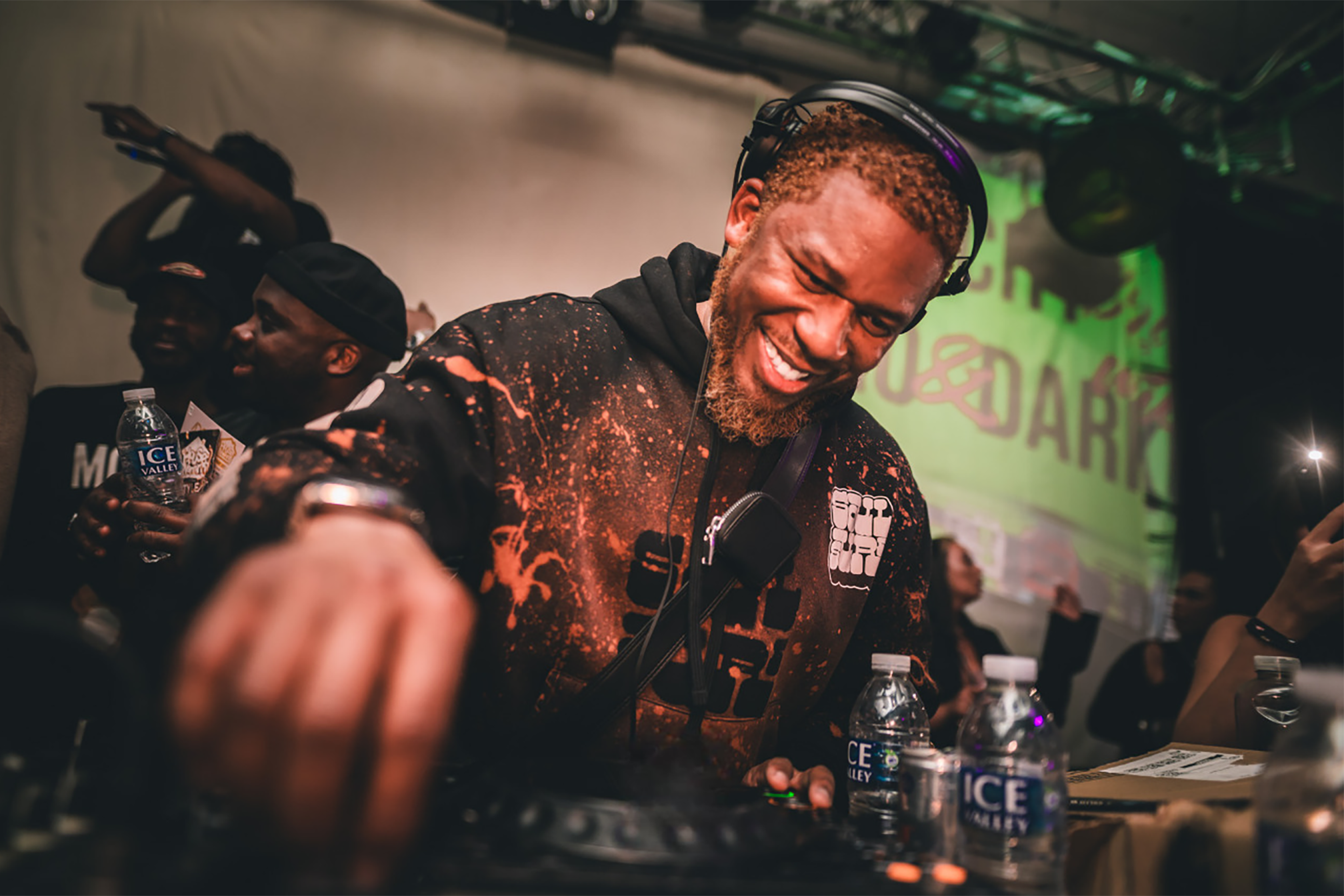 Features
Features
“Self-taught and self-built”: DJ Petchy’s Soul Sure is part of the backbone of London’s party scene
DJ Petchy, a born and raised Londoner with a magnetic personality, has grown from dedicated raver to a linchpin of the city's grassroots club scene, building a passionate community around his Soul Sure events
A vibrant, 1,000-strong crowd calls for the rewind with a deafening wave of horns and whistles, selector Angie B honours their request and the party erupts with even more noise to celebrate. We’re in Hackney Wick at No90 Bar for Soul Sure’s Easter party. The event, founded by East London DJ Petchy, has been running for 16 years and represents a very local aspect of the city’s diverse club culture. “We bought about three, four hundred horns and whistles and we spent ages backstage putting them together. Then we went walking out like ‘Who wants a horn?!’, handing them out to everyone,” says Fro, resident MC at Soul Sure. This hands-on approach is indicative of the grassroots nature of Petchy’s event, and it’s the man himself who is the driving force behind the party’s creative side, and curation. “99% of the work rate is him. There are very small parts that I, myself or [cameraman] Cookie, play. We help him out but he comes up with the creations,” Fro explains.
Read this next: Why London's house underground is evolving
Soul Sure began as an idea Petchy had at the height of his raving exploits in the mid-to-late ’00s. Growing up in East London, he went to school with notorious grime selector Mak 10 (brother of Marcus Nasty and Griminal), and another locally known and respected DJ G Smallz. As is typical for many Caribbean households, music was the soundtrack to daily life. “My mum’s side is Dominican and my dad is from St. Lucia,” he explains. “From the minute you wake up, my mum's in that front room at seven, eight in the morning — it's just going off every day. It was weird if we didn’t have music on.” With music so present in his life, it was perhaps inevitable that Petchy would pursue it himself. A pivotal moment came when he saw Mak 10 in action for the first time, enchanted as he witnessed the DJ command the space, everyone in the room in silence. “I couldn’t close my mouth. I was mesmerised by it. Right from there and then I knew I wanted to be a DJ,” he says. Petch (as his friends call him) then went through the standard process that many aspiring DJs follow; working to get his first turntables, practising religiously to refine his craft, visiting record shops and spending all his money on the latest white labels and, eventually, getting his first gig through a relative who was a promoter. Through it all he had the support of his mum, who’s known to her friends as “Last Beat”, due to her habit of being the last one on the dancefloor.
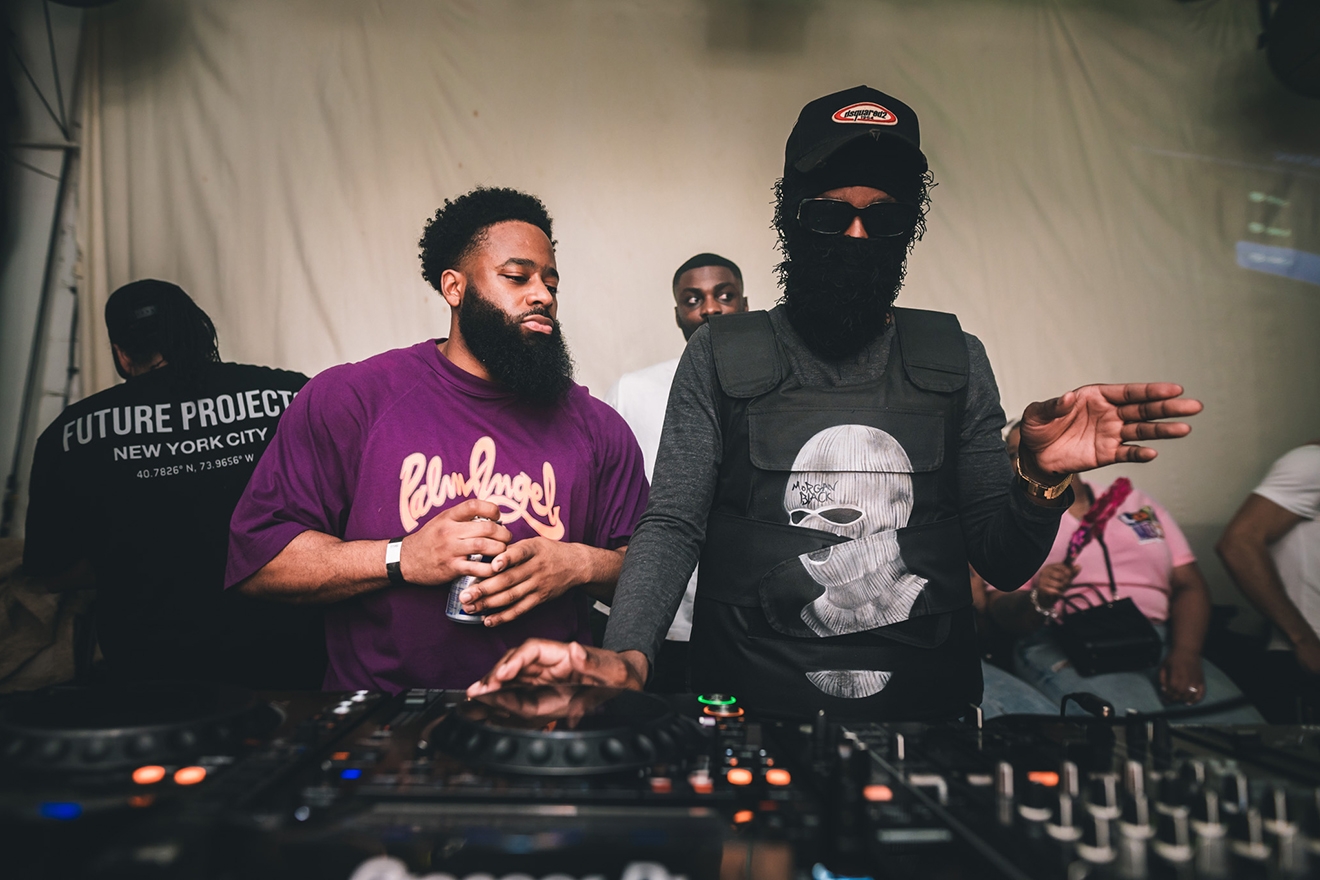
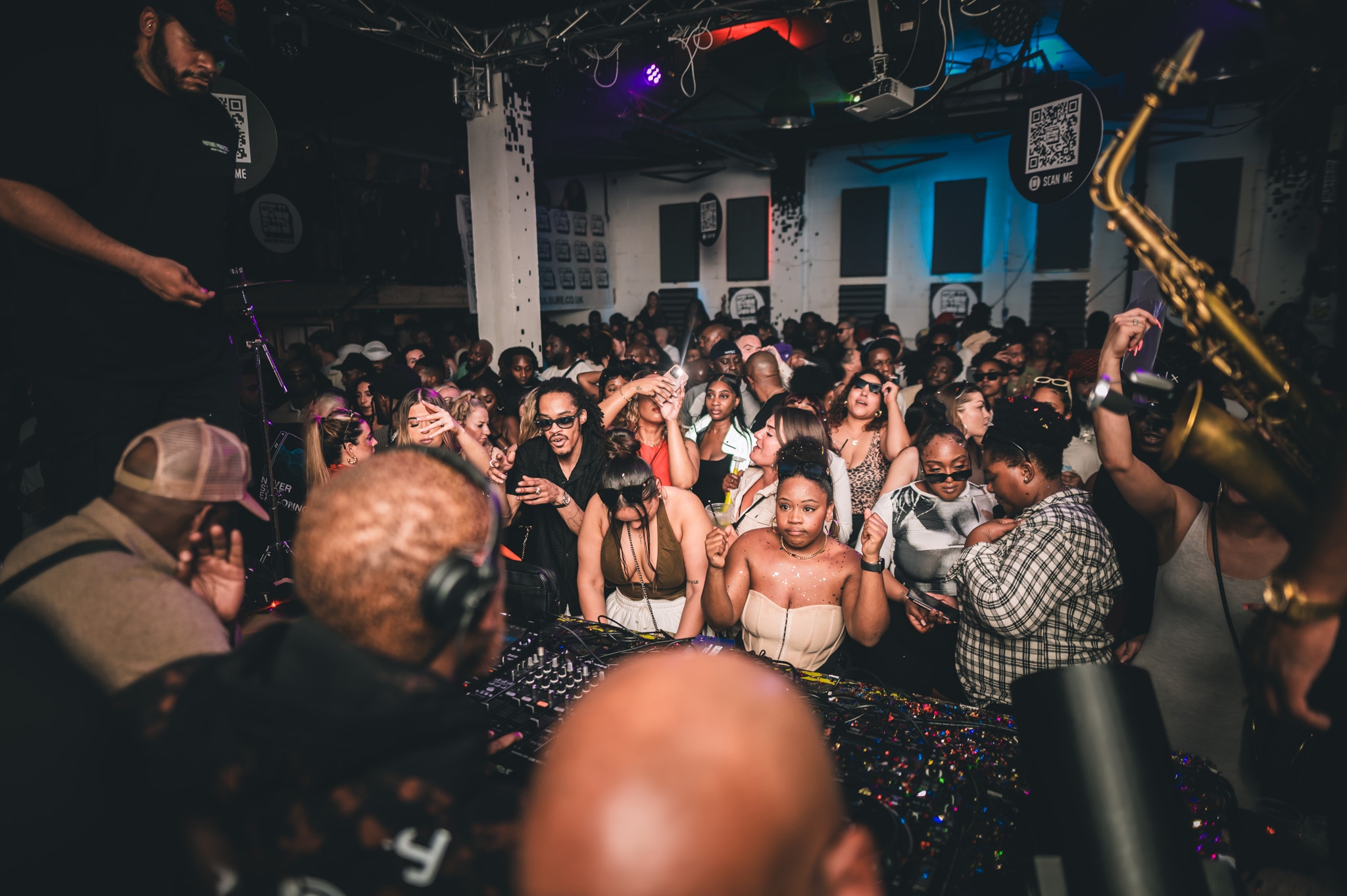
Petch played his first gig when he was 16, so his mum and aunty had to chaperone him. “I’ve done this party and everyone’s going crazy. This woman came up to me and said she wanted to book me to play in Berlin. I sent her over to my mum,” he explains. Sadly, they lost the woman’s number, but the experience was enough to spur Petchy on and he soon started getting stuck into London’s club scene as a raver, while also picking up gigs here and there. “By the time I got to 18, I'm a raver. That's it, I'm outside. You ain't getting me inside. My mum used to call me ‘Streetwalker’,” he quips. “There was nothing really much more to life for us. The music that was our thing. So we raved everywhere; we was in Ministry, then we was up in Birmingham. Wherever we could go to see people like Jamie Jones, Dennis Ferrer, people who just blew my mind.” Being out all the time, and naturally gregarious and sociable, Petchy began to organically build a social network. “It got to the point where everyone we knew would be calling me up asking: ‘Where’s the party?!’. I’d be getting so many calls every week,” Petch tells us. One day he suggested doing a party of his own to his raving partner Sam (“His real name is Ben, but we call him Sam”). Initially, Sam pooh-poohed the idea, but a little while later, Petch brought it up again and this time he agreed.
By this point, Petchy had secured a slot on LiveFM, so he had the power of radio, as well as his connections across London’s party circuit. “So I just started calling a bunch of people we knew, and I said, ‘Listen, I'm having a party, tell your friend, and bring that one from that party and this one from there’. I must have made about 250 phone calls to everyone, rave-related, who was in my phonebook,” he explains. With his birthday on the horizon, Petch was able to add another incentive to the party invites. The first event in 2008 brought over 150 people. From there, the magic of social connections led to a few events at The Driver in King’s Cross in 2009, before a mate hooked him up with a Friday night slot at Pacha in Victoria. “We went from that one party, when we didn't know nothing, to The Driver, that was probably about 300 people, and straight into Pacha,” he tells us. “We were at Pacha, doing an early incarnation of Soul Sure called Just Beats, for three years. We sold it out every single month, we were doing better than Hed Kandi.”
read this next: Motherland is the epicentre of London's Afro house movement
Throughout our interview Petchy’s magnetic personality and natural storytelling is at full power and demonstrates why he’s been able to bring together so many people at his parties over the last 16 years. He’s a very likeable, engaging character, which is just what you need if you’re going to convince people to party with you. That energy pulsates through Soul Sure, where the crowd is diverse and inherently local. At Soul Sure’s Easter party Mixmag experiences the whole night, with notorious selectors such as G Smallz, Morgan Black, Tashwayy Sounds and MCs Tippa, Gemini, Fro and Dark Man Zulu, plus Petchy back-to-back with Wigman. A mix of soulful and funky house, a bit of garage and, largely, amapiano, is what you’ll hear at the event these days. The grassroots nature of the party is also reflected in the crowd, which appears more working class than a typical night out in Hackney Wick. Older ravers rub shoulders with the younger generation, all united on the dancefloor for the love of house music. It’s one pocket of London’s club culture that rarely gets reported on. Soul Sure comes under the same umbrella as parties like Foundation, founded by Mark Radford, Lee ‘B3’ Edwards and Lance Morgan, or Trafik Jam, hosted by Soul Sure regular Angie B, Morgan Black’s Da Dungeon, Supa D’s The Originals and House Passion, among many others. These parties form the backbone of the city’s club culture, founded, and run by, born and raised Londoners.
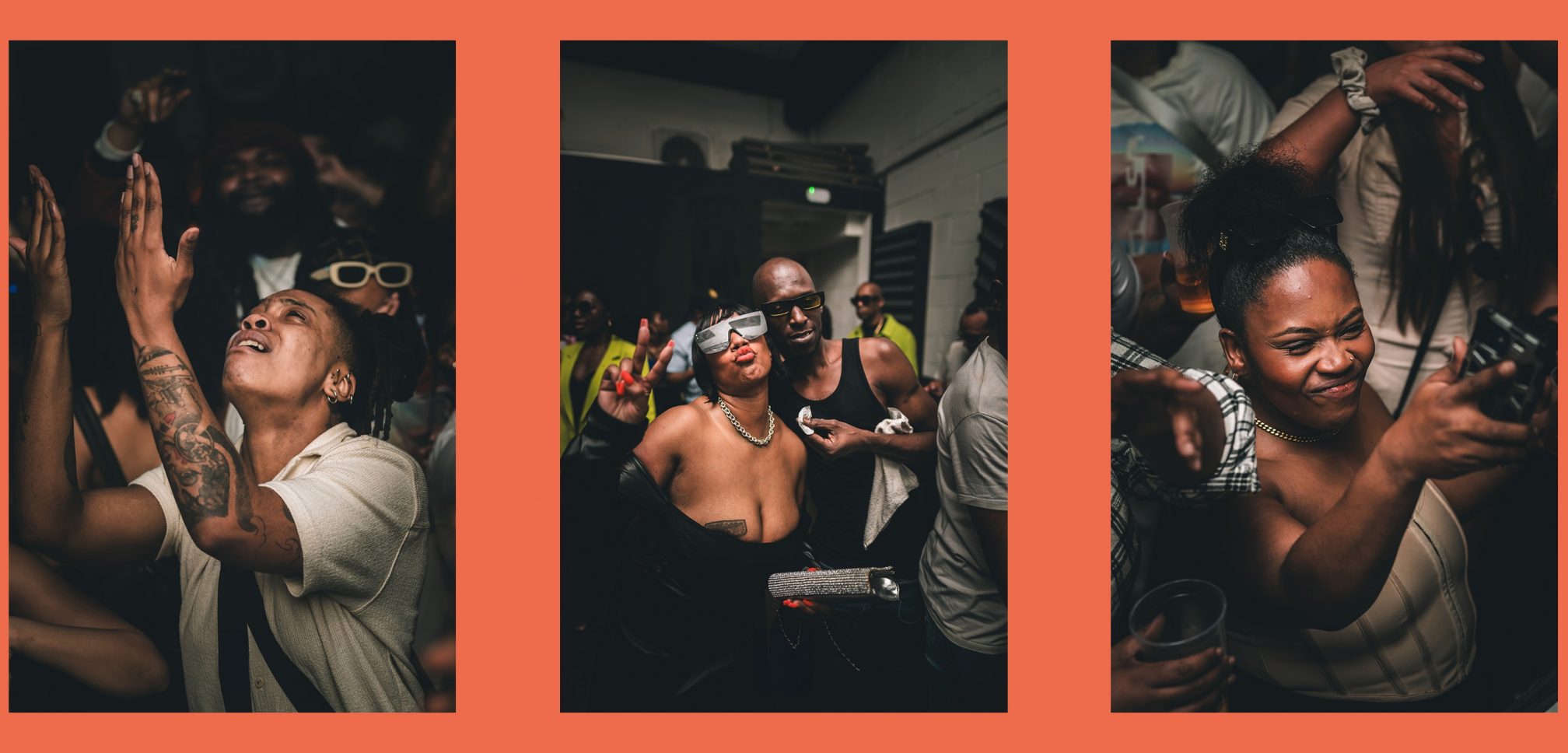
Soul Sure’s breakthrough moment came during the pandemic — though it was a controversial one. Four months into the global shutdown and feeling the pressure of lockdown weighing down heavily on himself, and everyone he was connected to, Petchy felt the calling to do something to raise people’s spirits. This was, of course, a contentious choice that was against public health guidance at the time. “We did this forest party. The whole thing behind it was just, we're at home, we're stressed, half of us want to bloody kill ourselves, the other half don’t know what's going on. We don't seem to know what love is, we don't even know what anything is anymore,” he explains of his justification for the decision. In his typically narrative style, Petch then describes how his seemingly crazy idea for a party in the woods ballooned from the initial spark of inspiration to becoming a 3,000+ rave with people coming from as far as Manchester and Ireland to attend. “For some reason this guy decided it would have been a good idea to just go into the woods, find an open clearing, and think, ‘This spot looks okay. I'm gonna put the speakers there. And I'm gonna put some lights in all of these trees’,” Fro says. “‘You're going to do what sorry?!’. But, a few hours later, rave of the… I wouldn't say century, I'm going to say Millennium or of the Earth's existence. There will never be another night like that, it was ridiculous”.
From mishaps sending out the location to the thousands of people he had on multiple chat groups on WhatsApp, to getting the soundsystem into the woods without being the subject of unwanted attention and lining the route into the rave with glow sticks (“‘Follow the yellow brick road’, we told them”), the story of the first Soul Sure in the Woods has become the stuff of legend. “Honestly, it was magic. The people had just had enough and everyone wanted a reason to just love each other for once and have no drama. No, nothing,” Petch shares, still visibly overwhelmed by what happened a few years ago. “You couldn't even fathom what was going on. I'd never felt love like that in all the years of going to parties.” The party put Soul Sure well and truly on the map. Post-lockdown it has maintained the community that formed around the party, with Fro telling us Petchy knows at least 98% of the people who attend every event. “I have this saying, you’ll hear it on any recordings of the sets I’m on at Soul Sure, ‘We don't do it like them, and they can't do it like us’. Soul Sure is successful because Petchy does it different to everyone else,” Fro explains.
Read this next: Why dance music culture needs to pay more respect to MCs
The two had known each other for a long while before formalising their partnership at a boat party. Petch was DJing and he encouraged Fro to get on the mic. MCs have become the norm at many of the parties that are connected to the grassroots London scene, which is unusual for house music, generally speaking. Hosts like Tippa and Gemini, who are part of the infamous Circle crew with Kismet, Feva, IC and Supa D, interact with the crowd, and spit bars intermittently. Out of the ordinary for some, but now inherent to this scene. Fro’s approach, like many of his peers, is to keep it minimal, leaning into more of a host role than an all-out MC. “Spidey, who’s a legendary MC for me, has got this lyric, ‘If you don't like the MCs over the house, get out of here, here. If you don't like the MCS over the house, get out of here’. That lyric is so apt, because Spidey came from jungle with me. He was on the jungle, when I was on the jungle. He went over to the funky, and all of that, and now he's here. He's been doing this with Pioneer for nuff long, one of the originals,” he explains. The role of MCs is in keeping with the soundsystem roots of club culture, and adds to the unique character of Soul Sure and other related parties.
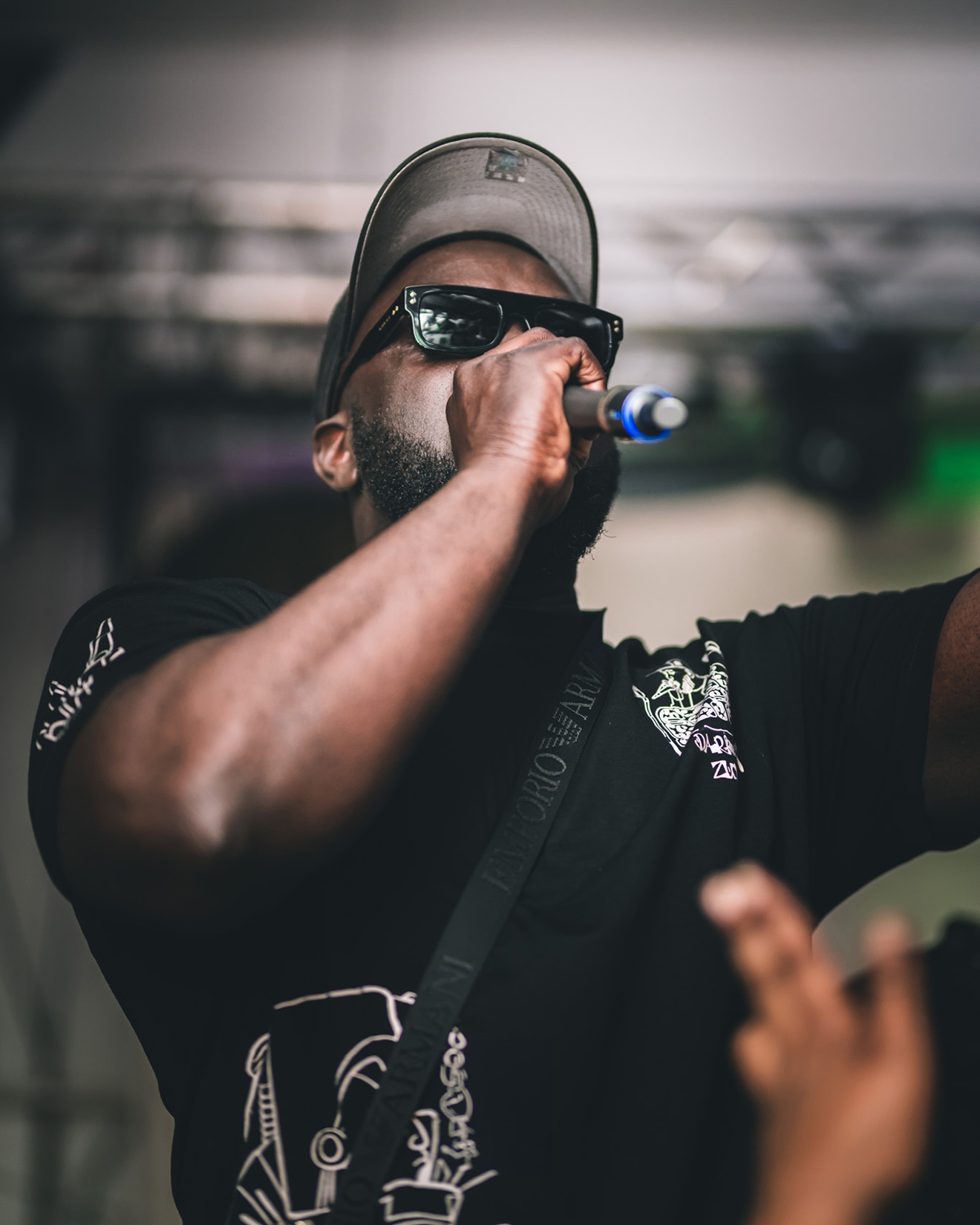
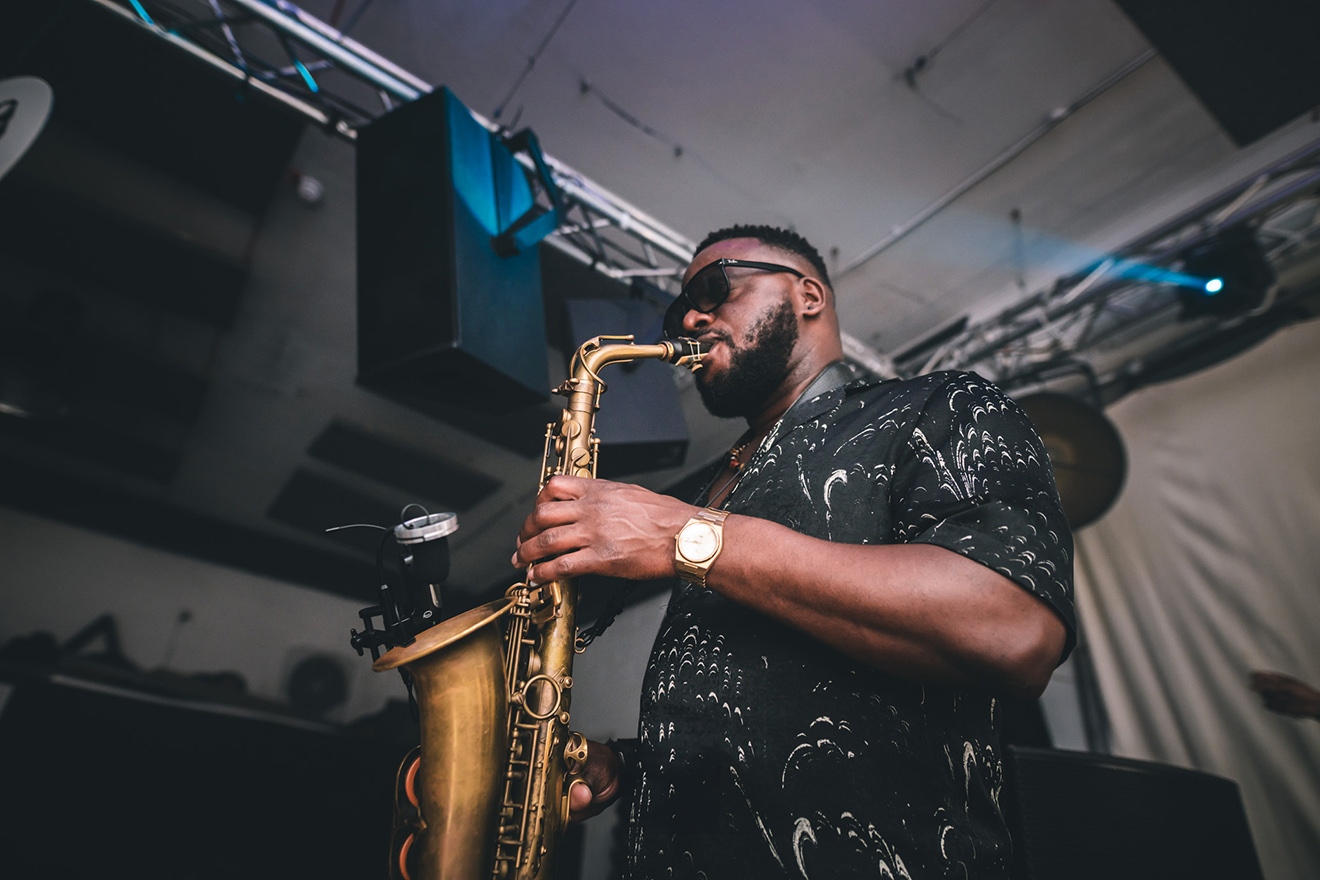
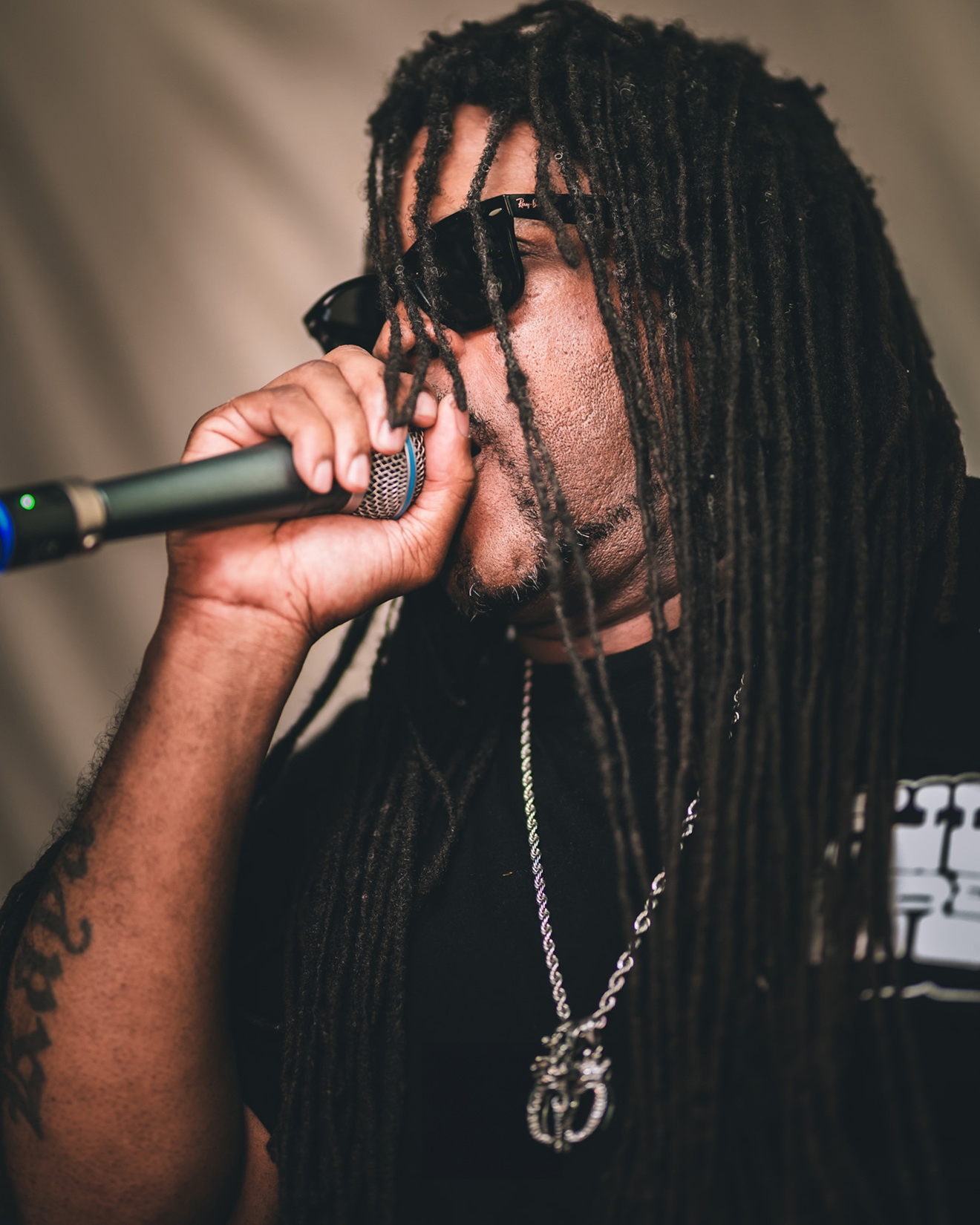
Everything Petchy has been doing has been with the absence of corporate influence. This is a self-built, self-sustaining scene; from Soul Sure, to The Originals doing their own festivals, London DJs and promoters reinvest their earnings into their events, and have built things from the ground up with the support of a dedicated raving community. “If I was from another country and I wanted to know, 'London, what is it about? What is the party scene about?' It literally is this,” Petchy says. “Everything we've done is self-taught and self-built. There's no outside money. There's no corporate entities behind us. It's just us that came together and figured it out, and we’re still figuring out how to trust each other and work with each other.”
“I feel quite biased saying it but I genuinely think there's so much depth and so much to talk about. It isn't just one thing, it splits into so many genres and subgenres. There are so many stories to tell and no one tells them,” he adds.
For Petchy, an ideal future does actually involve trying to find corporate sponsors who are willing to channel money into providing structure for the scene to move forward, but - crucially - who will also allow it to evolve without any direct input. A dream that will give everyone a chance to grow, while holding true to their authentic roots. For now though, he’s already living out his dream. “Doing this means everything. I cannot even express to you how much it actually means, I get goosebumps even saying this because it's so genuine. It literally eats my heart,” he beams, showing his hand to the camera to demonstrate that he’s got goosebumps. “As you probably can work out, I've got a big mouth, but for the right things. I'm very animated, before anything, I'm a people person. I don't really give a shit about much if it doesn't make you smile or make me smile.”
He continues. “I just feel like no matter what you are or who you are, I know there's something in us both where we can meet in the middle, which would connect us. Everyone; white, black, blue… Listen, you could be the total opposite to me, if you sit down and chat for long enough, we're gonna find some common ground somewhere.” At Soul Sure, Petchy has cultivated a space where he can channel his positive energy into the dancefloor, sparking smiles and connections just as he intended. Going right back to that first experience of seeing Mak 10 in action, he is harnessing the power of music to command the room, bring people together and nurture good vibes. As an antidote to the world’s often troubling developments, Soul Sure has become an essential component of London’s undercurrent of local-run parties.
Marcus Barnes is a freelance writer and regular contributor to Mixmag, follow him on Instagram


